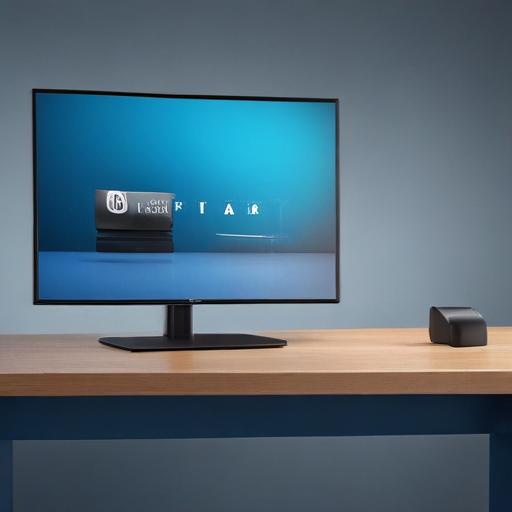ESPN readies a landmark shift with a standalone direct-to-consumer streaming service that carries the name ESPN. The new platform provides fans with direct access to the full ESPN ecosystem—live games, studio shows, original programming, and all 12 networks—without needing a traditional cable subscription.
In conversations about what this means for ESPN and the future of streaming, Chairman Jimmy Pitaro describes the move as the biggest transition in ESPN’s history. The service offers fans a new level of control and personalization, allowing them to follow specific teams, leagues, or personalities, tailor alerts and highlights to their interests, and engage on the devices they use most. It’s positioned as a strategic evolution designed to meet fans where they are, on their terms, with the aim of creating a more connection-driven experience across ESPN’s live sports, analysis, and storytelling.
The ESPN DTC launch is integrated into Disney’s broader streaming strategy alongside Disney+, Hulu, and the broader portfolio. ESPN’s role in this mix is clear: a premier destination for the most comprehensive live sports rights, paired with high-end storytelling and original programming. The new service also opens up bundling opportunities, including potential offers with Disney+ and Hulu and partnerships like FOX One and NFL+ Premium, all designed to deepen viewer engagement and expand subscriber reach across Disney’s streaming family.
A core element of the new ESPN experience is personalization and interactivity. The app is designed to adapt to individual fan preferences with a tailored “For You” feed, integrated live stats, and multiview capabilities that let viewers watch more than one game at a time. Fans who want it can sync in Echt updates for ESPN Fantasy, place bets through ESPN BET, or shop for gear during games via a collaboration with Fanatics. ESPN Digital & Social already reaches more than 190 million unique fans each month, accounting for a substantial portion of adults in the United States, underscoring the platform’s potential to drive deeper fan engagement across the network.
In terms of sports rights and scale, ESPN stresses its strongest position ever, boasting a portfolio that spans 47,000 live events across the NFL, NBA, MLB, NHL, college sports, major tennis championships, PGA TOUR LIVE and Golf Majors, UFC, WWE, international soccer, and more. This breadth positions ESPN DTC as a differentiated offering in a crowded streaming landscape, with a focus on serving dedicated sports fans rather than attempting to be all things to all audiences.
ESPN emphasizes that the move to direct-to-consumer is not a retreat from traditional distribution. The company intends to walk parallel paths: continuing to support cable and satellite partners while making ESPN directly available to fans who prefer streaming. The strategy aims to complement rather than supplant existing distribution, expanding both reach and engagement for ESPN’s robust sports catalog.
Takeaways for readers:
– ESPN’s standalone service signals a major shift toward personalized, on-demand access to live sports and ESPN’s broader content universe.
– Bundling opportunities with Disney’s broader streaming brands could drive cross-service subscriber growth.
– The integration of betting, fantasy, and real-time shopping reflects a broader trend toward interactive, commerce-enabled sports viewing.
– The approach balances direct consumer access with ongoing partnerships in traditional distribution, aiming to maximize reach while deepening fan engagement.
Summary: ESPN launches a direct-to-consumer streaming service that consolidates live sports, studio content, and a wide array of ESPN networks in a personalized, interactive platform. Backed by substantial rights, a strong digital footprint, and strategic bundling potential within Disney’s streaming ecosystem, the move sets a new standard for how fans experience sports in the digital age.
Overall sentiment: Positive and forward-looking, highlighting increased control, customization, and fan engagement.
